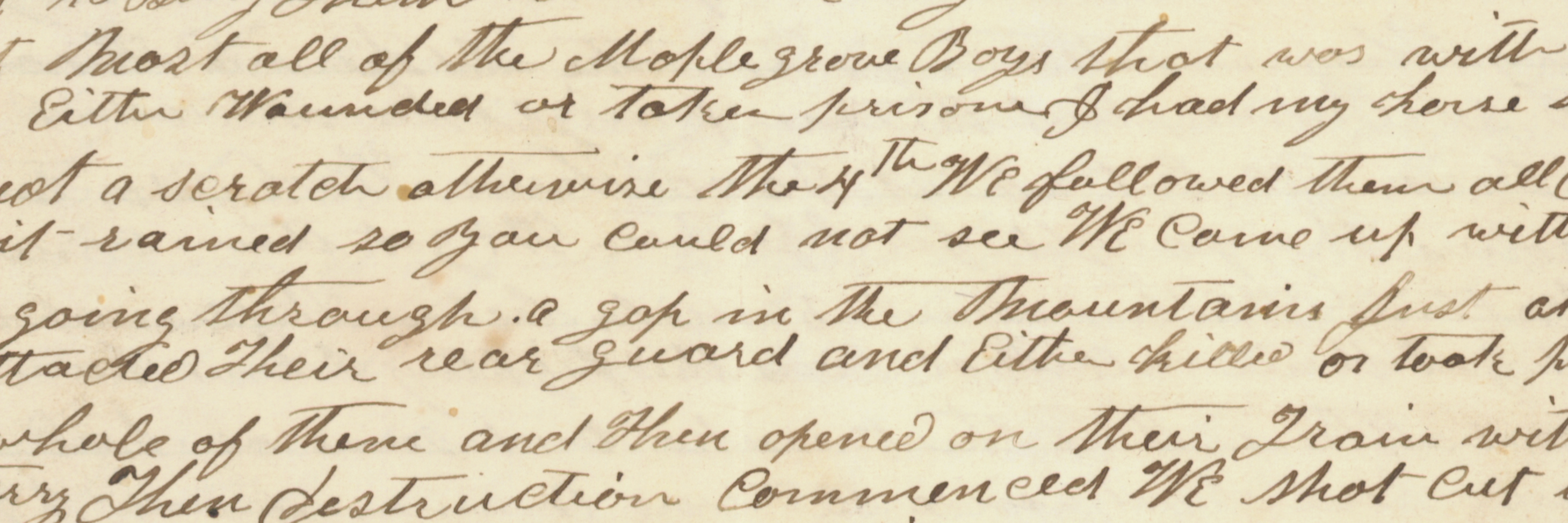Are Henry James And William James Brothers?

Introduction
When discussing influential figures in American literature and philosophy, the names Henry James and William James often arise. But are they brothers? The answer is yes, and their relationship extends beyond mere family ties; it significantly shaped their respective works and contributions to their fields. In this article, we will explore the lives of these two prominent figures, examining their familial connection, individual achievements, and the interplay between their ideas. Understanding their relationship provides a richer context for appreciating their legacies, making this topic both intriguing and essential for students, scholars, and enthusiasts alike.
The James Brothers: A Brief Overview
1. Who Were Henry and William James?
-
Henry James (1843-1916): An acclaimed novelist and playwright, Henry is best known for his psychological realism and complex narratives. His notable works include The Portrait of a Lady, The Turn of the Screw, and The Wings of the Dove.
-
William James (1842-1910): A pioneering philosopher and psychologist, William is often referred to as the "Father of American psychology." His major works include The Principles of Psychology and The Varieties of Religious Experience.
2. The Family Background
-
Parents: Both brothers were born to Henry James Sr. and Mary Walsh James. Their father was a prominent theologian and a key figure in the development of the New England transcendentalist movement.
-
Siblings: Besides each other, they had a sister, Alice, and another brother, Robertson, who died young. The family’s intellectual environment fostered their curiosity and creativity.
The Nature of Their Relationship
1. Early Influences
-
Shared Upbringing: Growing up in a family that valued intellectual discourse, both Henry and William were exposed to a variety of ideas and philosophies. Their father’s eclectic interests played a significant role in shaping their perspectives.
-
Supportive Relationship: The brothers maintained a close bond throughout their lives, often corresponding and sharing their thoughts on literature and philosophy. Their letters reveal a mutual respect and admiration for each other's work.
2. Diverging Paths
-
Literature vs. Philosophy: While Henry pursued a career in literature, William gravitated toward philosophy and psychology. This divergence allowed them to explore different realms of thought, yet they often drew upon each other’s ideas in their work.
-
Critical Reception: Henry James often critiqued the scientific approach of his brother’s philosophy, while William appreciated the depth and nuance in Henry’s literary explorations. This dynamic fostered a rich dialogue between the two.
The Impact of Their Relationship on Their Work
1. Shared Themes
-
Individual Experience: Both brothers focused on the significance of individual experience, though they approached it from different angles. Henry’s novels often explore the complexities of personal relationships, while William’s philosophical inquiries delve into the nature of consciousness and perception.
-
Psychological Depth: Henry’s characters are known for their psychological depth, a quality that resonates with William’s explorations of the mind. Their interconnected themes highlight the influence they had on each other’s work.
2. Legacy and Influence
-
Cultural Impact: The James brothers left an indelible mark on American literature and philosophy. Their works continue to be studied for their innovative approaches and insights into human nature.
-
Interdisciplinary Dialogue: The interplay of literature and philosophy in their works has encouraged interdisciplinary studies, allowing scholars to examine how their ideas intersect and influence one another.
Conclusion
In conclusion, the relationship between Henry James and William James is a fascinating study of how familial ties can shape intellectual pursuits. As brothers, they not only shared a last name but also a profound influence on each other’s work, contributing significantly to the fields of literature and philosophy. Their legacy lives on, inviting us to explore the depths of human experience through their writings. If you’re intrigued by the interplay of their ideas, consider delving into their works to uncover the rich tapestry of thought they created together.



Comments ()